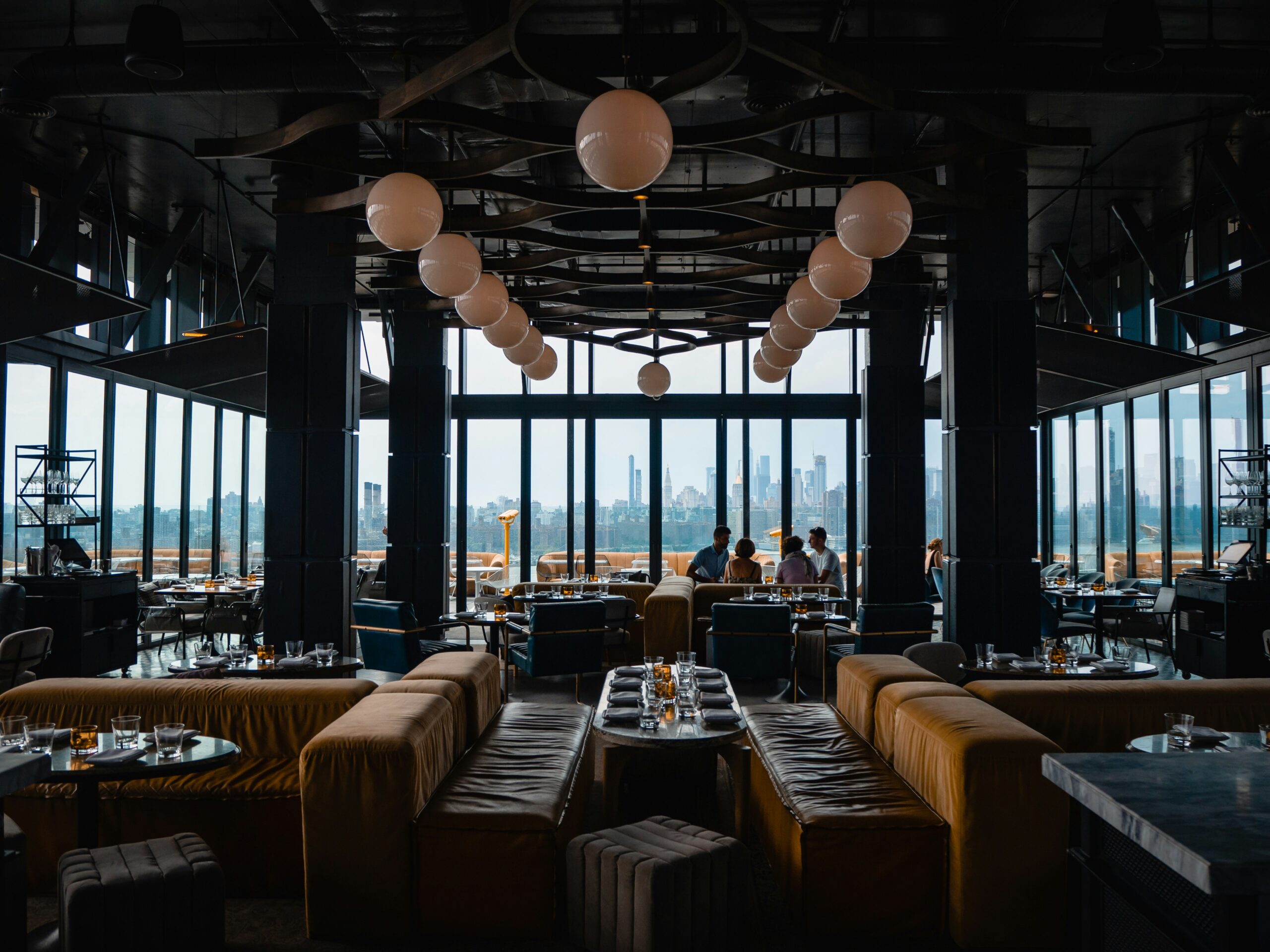As you’ve been pursuing coping strategies for lasting recovery, you may be thinking about how you can still socialize with friends and family—without alcohol. After all, you may find that people still want to meet up in places where there’s some kind of drink in hand. In the midst of long-term sobriety, such a situation can be difficult. But there are a number of alternative non alcoholic drinks you can consider to help you enjoy a beverage with loved ones while still maintaining your recovery and relapse prevention goals.
Considering Non-Alcoholic Alternatives: Everyone’s Recovery is Different
Whether it’s non-alcoholic beer alternatives, non-alcoholic wine alternatives, or something else, is pursuing non-alcoholic alternatives a good idea in your recovery situation? As you consider this and start doing your own online research into the best non-alcoholic alternatives out there, it’s important to understand that everyone’s recovery journey is different.
Of course you want to avoid drinking alcohol if you’re in recovery from alcohol addiction. But is it really a good idea for you to still go out for “drinks” with friends on the weekends? Should you attend that happy hour after work or not? The idea of walking into a bar and being around others consuming alcohol may be the last situation you need to be in right now—or even for some time. This is especially true if you’re in the early stages of recovery and just trying to avoid a relapse. Just sitting in the presence of alcohol could be triggering for you.
However, you may be further down the road in your recovery journey and more confident in your sobriety and recovery plan. Going out with friends who are drinking may no longer be triggering. And while you can continue to order the soda or water, you may want to venture into something more special for the occasion, such as non-alcoholic alternatives like non-alcoholic beer, mocktails, or non-alcoholic wine.
Exploring Non-Alcoholic Alternatives in Recovery
Non-Alcoholic Beer Alternatives
If you enjoy the taste of beer but are seeking something without alcohol, non-alcoholic beer may be a good option. According to EverydayHealth.com, non-alcoholic beers have had their alcohol removed or have been brewed to contain less alcohol than the legal limit (which is 0.5% ABV). Choosing non-alcoholic beer alternatives at the next party or happy hour can help you deftly navigate social situations like these where others are drinking. You can still feel included and and won’t have the pressure to conform to those around you, keeping your sobriety intact.
Mocktails
Similar to non-alcoholic beer alternatives, going with a mocktail at a bar or networking event could help you feel included when everyone else is imbibing. Many bars and restaurants can actually make your favorite cocktail into a mocktail—and it tastes just as good. Other places may have a mocktail section on the menu, and their options are equally as fancy or impressive. By going with a mocktail at the weekend night out, you’re still able to connect with friends and loved ones, as well as avoid any isolation or loneliness (which can often lead to relapse, themselves).
Non-Alcoholic Wine Alternatives
If you’re in recovery and loved drinking wine in the past, there are actually several non-alcoholic wine alternatives out there. As more people have realized the benefits of an alcohol-free lifestyle, more non-alcoholic wines have entered the marketplace. Many of these options may have similar tastes to your favorite wine, just without the alcohol. That means whether you’re on a date night, an important client dinner, or visiting your relatives over the holidays, you can still enjoy a nice beverage for the occasion.
Are Non-Alcoholic Alternatives Right for You?
Remember, everyone’s recovery experience is different. At the same time, your experience with non-alcoholic alternatives may different—they could end up being helpful or triggering. Before you start buying non-alcoholic alternatives (or even going to events where alcohol is present), it’s best to assess your level of relapse risk. Make time to talk through this with your recovery team, support network, or sponsor. Honestly think through your addiction triggers and evaluate whether even an alcohol-free mocktail, beer, or wine would tempt you to go for the hard options.
If you believe it’s OK to venture out and drink non-alcoholic beer or wine, consider taking an accountability partner with you the first few times to be safe. And if the people you’re visiting are drinking excessively—or if being around alcoholic beverages does get triggering—give yourself permission to leave. While it may feel awkward in the moment, you’ll be grateful you did later. Your long-term sobriety always matters more than trying to fit in for an hour or two.
Alcohol Addiction Treatment at Sana at Stowe
Maybe you’re reading this knowing you have an issue with drinking alcohol. You could even be seeing the warning signs of alcohol addiction in yourself. If you’ve never gotten help for your alcoholism, we can help at Sana at Stowe in Stowe, VT. Our New England-based alcohol addiction treatment program addresses the root causes of your alcohol use disorder (such as past trauma), empowering you to reclaim your life and stay sober for the long haul. To learn more, contact our team today.


